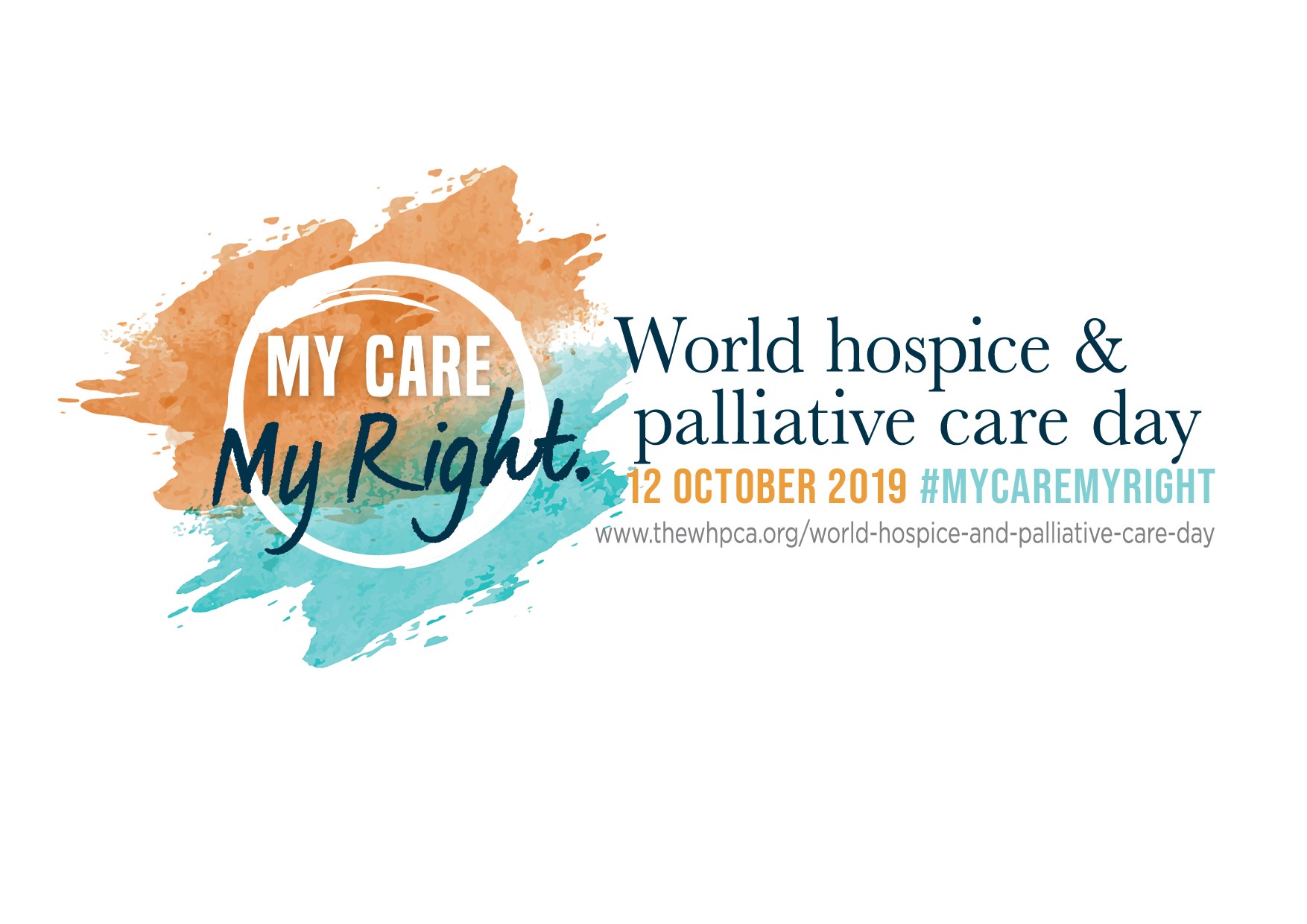
It does not matter if your employer or a parent, understanding the Children's hospital billing process will help you. To ensure that you understand what to expect, make sure your child has a copy of their insurance policy before making an appointment. If you don't have insurance, you can request a copy of your bill and an estimate of what you will owe. You might be able pay with a credit or debit card, check, and/or card. For further assistance, contact the Financial Counselors in the hospital. They are available seven days each week.
Hospital billing for children varies from one hospital to the next. Some hospitals bill their patients for services, while other hospitals only bill for facility charges. One hospital bill may be sent to a patient for each service performed. Other patients may receive multiple bills per visit. Some services, such X-rays, can be charged separately by the physician. Other services can be charged directly by the hospital.
Some hospitals charge patients for the time that their clinical staff spends in a patient's hospital room. Others may bill for equipment, supplies, and other services. The hospital's resource and the service provided will affect the facility charge. This charge covers equipment, supplies, as well as exam rooms. It may also include other services, such as radiology.

Children's hospitals may bill for additional physicians who provided care for your child. These fees will vary from one hospital or another and could include physicians not affiliated to the hospital. But, it is important that you ask whether an out-of network provider was present when your child received care. If the provider was absent, the bill might be higher than what your insurance covers.
A few doctors may send separate bills detailing the services they performed for your child. The physician might bill you for services rendered by Children's Anesthesiology specialists. Family Payment Center does not cover other physicians who may have cared for your child. You should check with your doctor if your child was taken care of by someone outside your network.
If you have insurance and are paying for services, you will get an invoice. This includes your insurance portion. If you don't have insurance, you will be sent a detailed hospital bill. This includes an account for each service. You can pay your hospital bill using a credit or debit card, check, or any other payment method. Logging in to your account is required if you're paying by debit card. Children's Health Customer Service can be reached at 888-828-0150 if you require assistance.
Children's Health offers many insurance plans. They also provide urgent care and financial help. You can also access additional information through the website about financial aspects of your care. It also includes helpful information about how to register.

Keep in your mind that estimates are used to calculate hospital bills. While you will have to pay the hospital portion, your insurance may cover a portion. It is a good idea to ask about discounts that may be available for your child.
FAQ
What role does the private sector play?
Healthcare delivery is a critical task for the private sector. It provides equipment that is used in hospitals, for example.
Some hospital staff are also covered by the program. It is logical for them to be involved in running the system.
However, there are limitations to what they can offer.
Private providers are not always able to compete with the free services offered by governments.
And they shouldn't try to run the whole system. This could lead to a system that doesn't provide good value for money.
What impact will there be on the health care sector if there is no Medicare?
Medicare is an entitlement program that provides financial assistance to low-income individuals and families who cannot afford their premiums. This program is used by more than 40 Million Americans.
Millions of Americans could lose coverage without this program because private insurers wouldn't offer policies to people with preexisting conditions.
What does the term "healthcare" mean?
It is the provision of services for maintaining good physical and psychological health.
Statistics
- Price Increases, Aging Push Sector To 20 Percent Of Economy". (en.wikipedia.org)
- The healthcare sector is one of the largest and most complex in the U.S. economy, accounting for 18% of gross domestic product (GDP) in 2020.1 (investopedia.com)
- Foreign investment in hospitals—up to 70% ownership- has been encouraged as an incentive for privatization. (en.wikipedia.org)
- Healthcare Occupations PRINTER-FRIENDLY Employment in healthcare occupations is projected to grow 16 percent from 2020 to 2030, much faster than the average for all occupations, adding about 2.6 million new jobs. (bls.gov)
- Consuming over 10 percent of [3] (en.wikipedia.org)
External Links
How To
How to Locate Home Care Facilities
People who need assistance at home are assisted by home care facilities. Home care facilities are available for elderly and disabled persons, as well as those with chronic diseases such Alzheimer's. These facilities provide personal hygiene, food preparation, laundry and cleaning services, as well medication reminders and transportation. They often work in close collaboration with social workers, medical professionals, and rehabilitation specialists.
It is best to get recommendations from your friends, family, and local businesses. After you have identified a few providers, you can inquire about their experience and qualifications. Flexible hours are important so they can work around your schedule. You can also ask if they offer 24-hour emergency service.
Consider asking your doctor for recommendations. If you don't know how to search, try searching online for "home healthcare" or "nursing home". For example, you could use websites like Yelp, Angie's List, HealthGrades, or Nursing Home Compare.
To get more information, call your local Area Agency on Aging and Visiting Nurse Service Association. These organizations will have lists of agencies in your area that specialize in providing home care services.
Many home care agencies charge high rates for their services. This makes it important to find the right agency. In fact, some agencies charge up to 100% of a patient's income! You can avoid this by choosing an agency that is highly rated by the Better Business Bureau. Ask for references of previous clients.
Some states even require homecare agencies that register with the State Department of Social Services. Check with your local government office to see what agency registration requirements apply to you.
There are several things to keep in mind when choosing a home care agency :
-
Do not pay upfront for any services if you are being asked.
-
Look for a reputable and well-established business.
-
Particularly if you pay out-of-pocket, be sure to get proof of insurance.
-
You should ensure that the state licenses any agency you hire.
-
For all costs related to hiring the agency, request a written contract.
-
Verify that follow-up visits are provided by the agency after discharge.
-
Ask for a list or certifications.
-
Do not sign anything without reading it first.
-
You should carefully read any fine print.
-
You should verify that the agency you are dealing with is insured and bonded.
-
Ask how many years the agency has been in business.
-
Verify that the State Department of Social Welfare licenses the agency.
-
Find out if there are complaints against the agency.
-
Your local government department can regulate home care agencies.
-
It is important to ensure that staff members answering the phones are qualified to answer any questions you may have about homecare.
-
Ask your lawyer or accountant for tax advice on the use of home-based care.
-
Always request at least three bids from each agency that you contact for home care.
-
The lowest bid is the best but you should not settle for $30 an hour.
-
Remember that you may need to pay more than one visit to a home care agency daily.
-
When signing contracts, read everything carefully.